The ocean makes up 71 percent of our planet’s surface. So, how is it that we know more about Mars than the marine environments of Earth? As impenetrable as the deep oceans are to humans, we imperviously live in a black box of international shipping, reducing the ocean to a surface rather than an environmental force. MORE&MORE is a socioeconomic, post-natural foray into the infrastructure of global trade: a systemic means to a never-ending end of economic growth. Here, the Harmonized System Commodity Description and Coding System, or Harmonized System (HS), rules the world. With roughly 26,000 items in 99 categories, the HS tariff code is an opaque, granular (yet oblique) language unto itself. Everything is reduced to code; the ocean all but disappears.
Zurkow visualizes the Harmonized System as a series of iconographic tchotchkes, unifying disparate commodities into a phantasmagoric depot. MORE&MORE: China, India, Japan, Mexico, Turkey, USA, Russia, and Brazil (2016) are eight sculptural animations, with custom algorithmic software generating hypnotic patterns of export products. Changing weather, the rising and setting sun, and cycles of the moon illustrate that while time passes, ports are always open and shipping never stops.
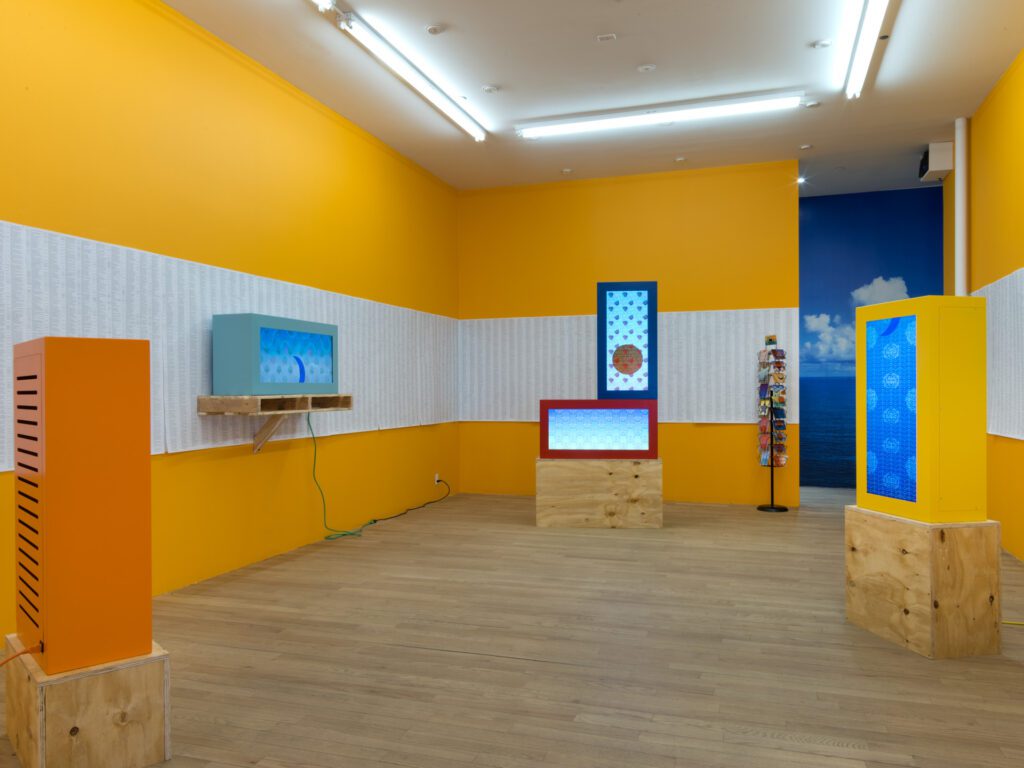
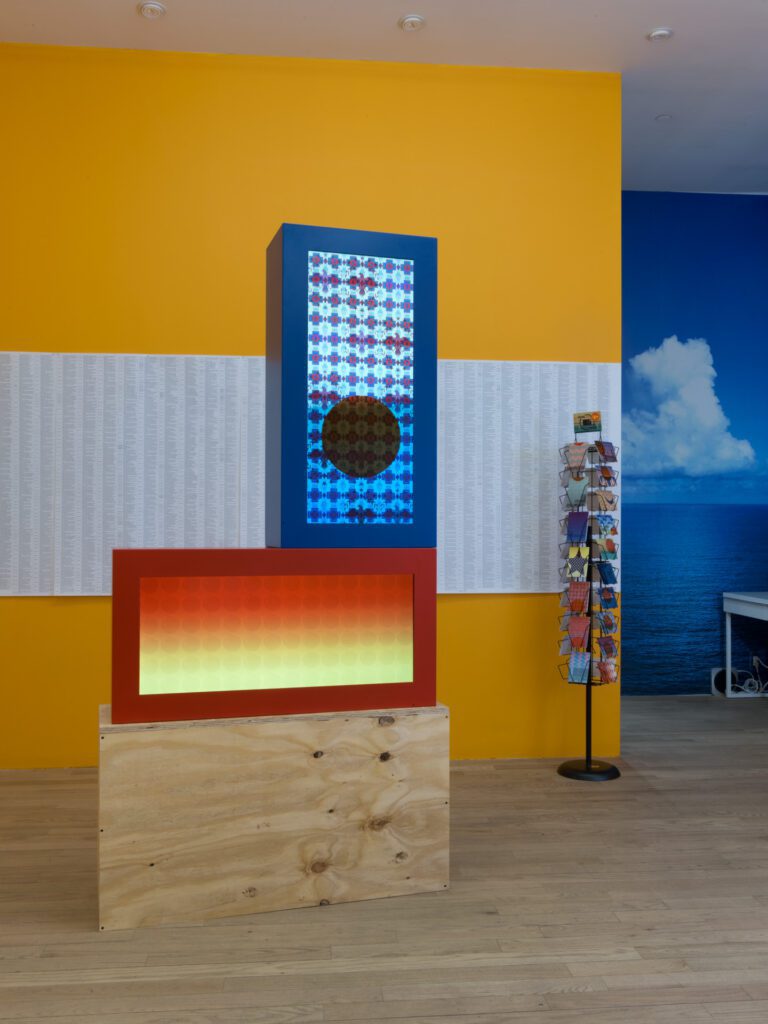
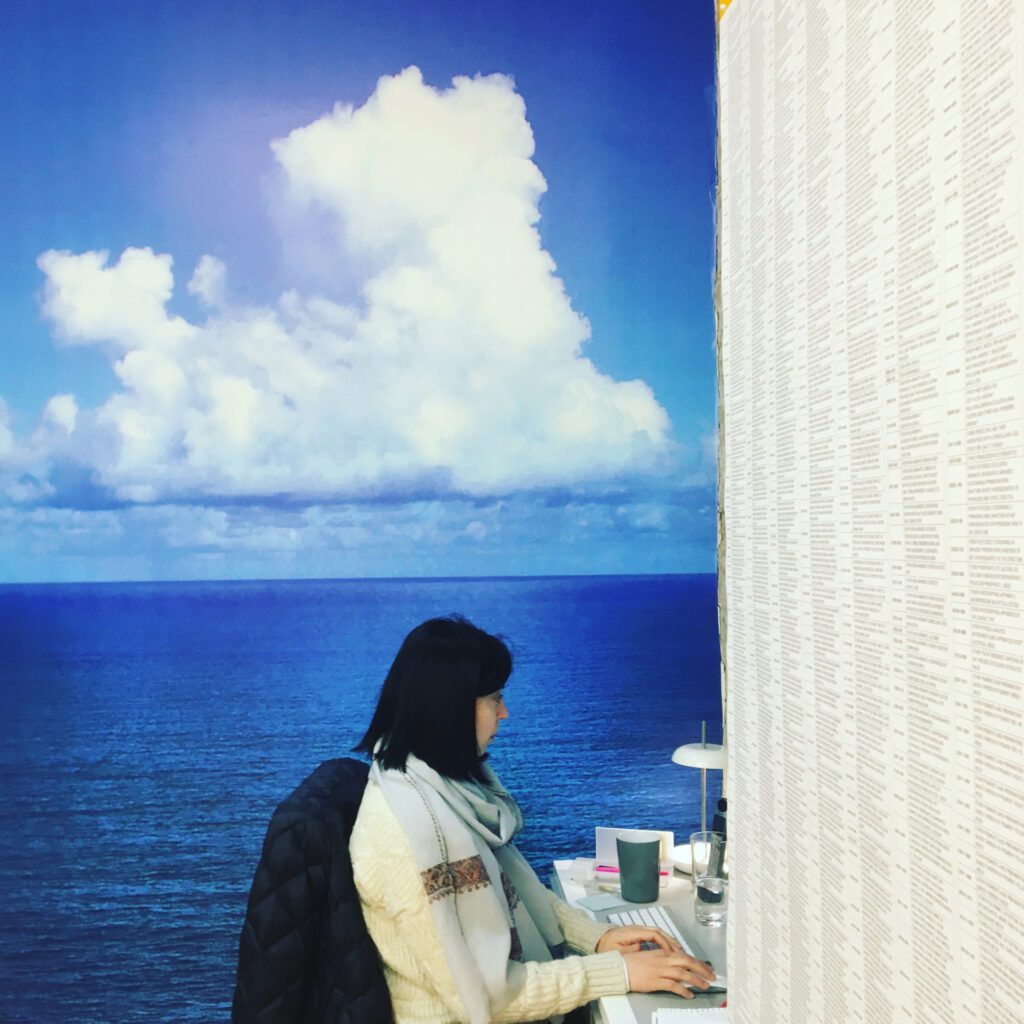
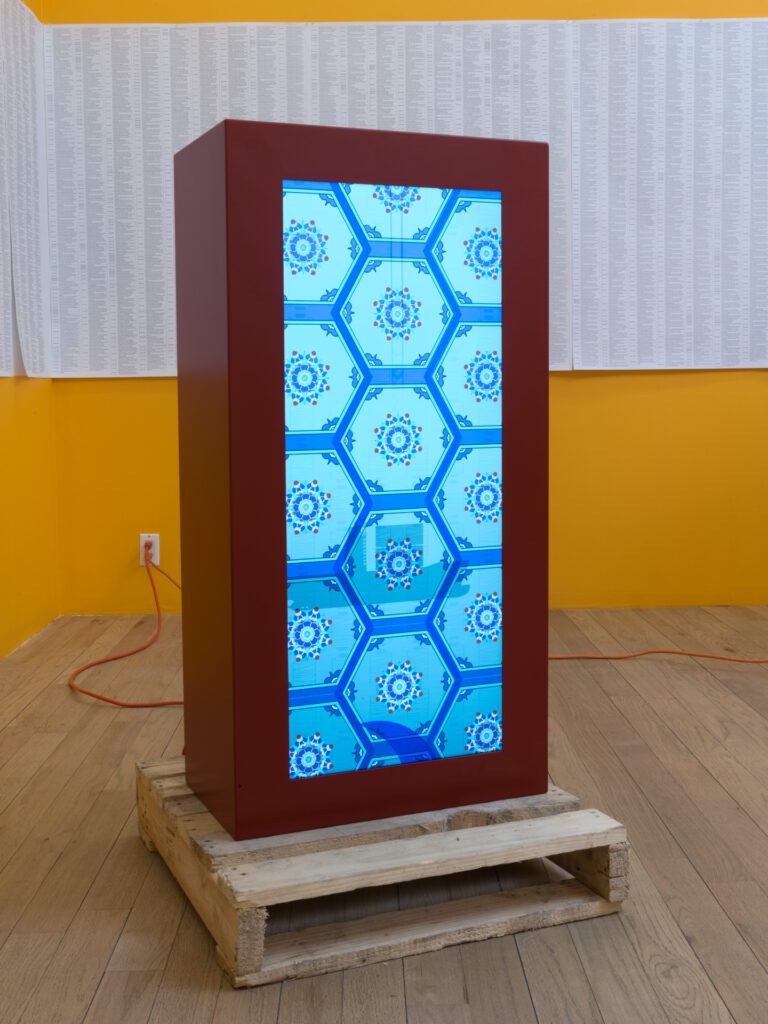
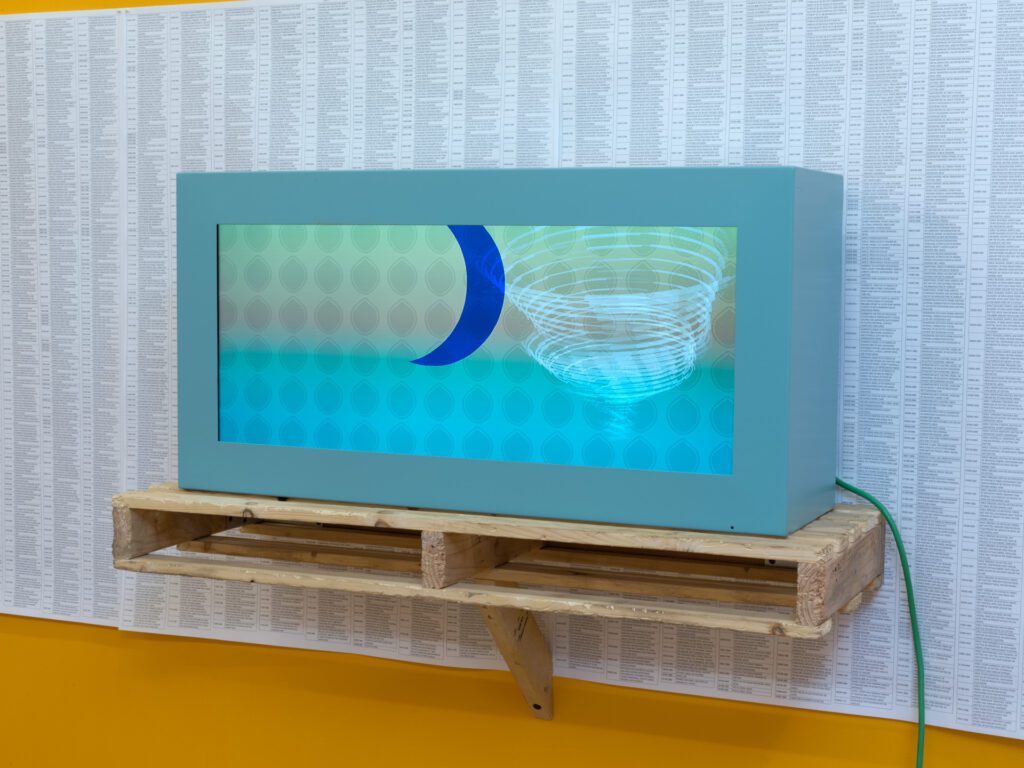
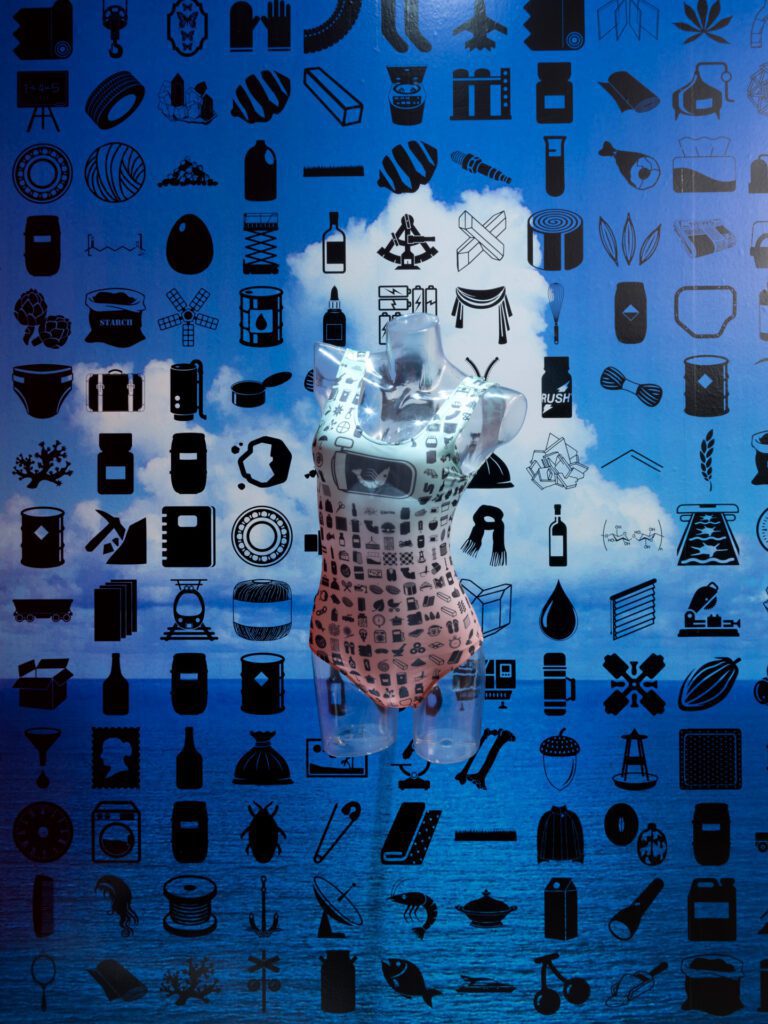
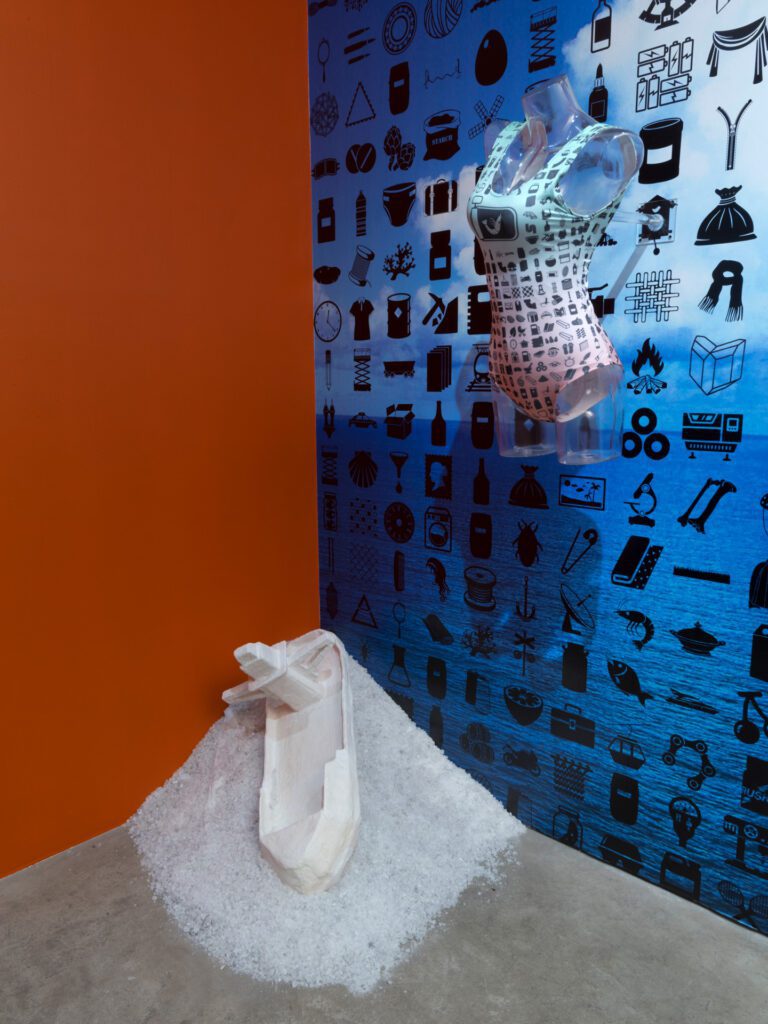
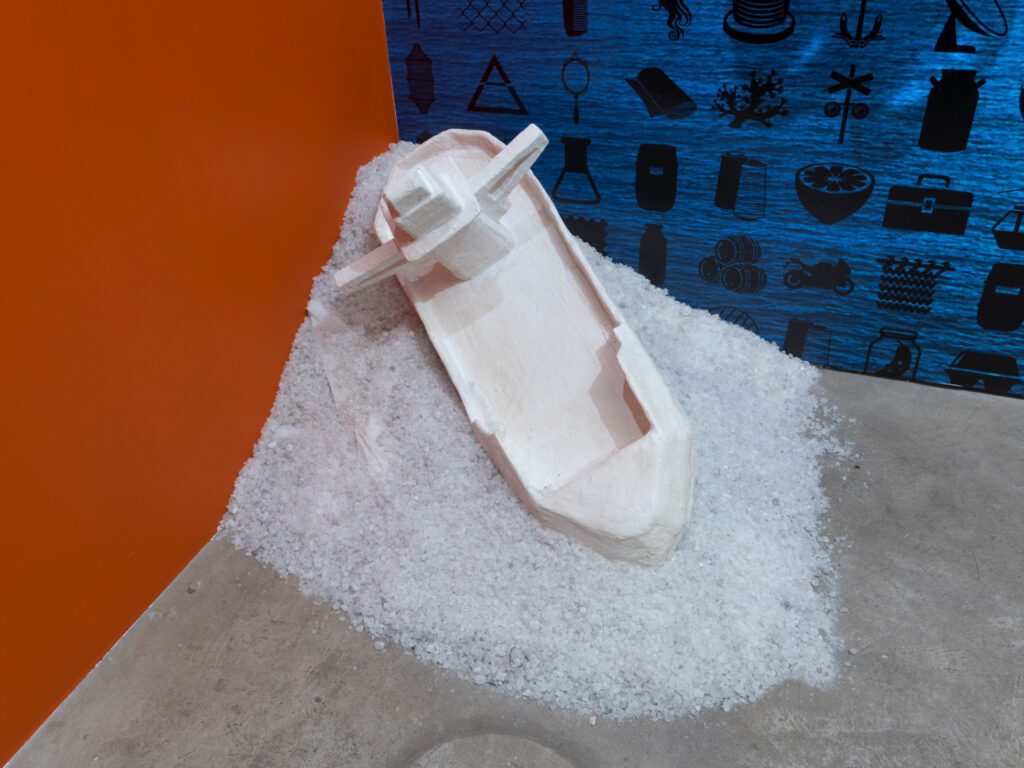
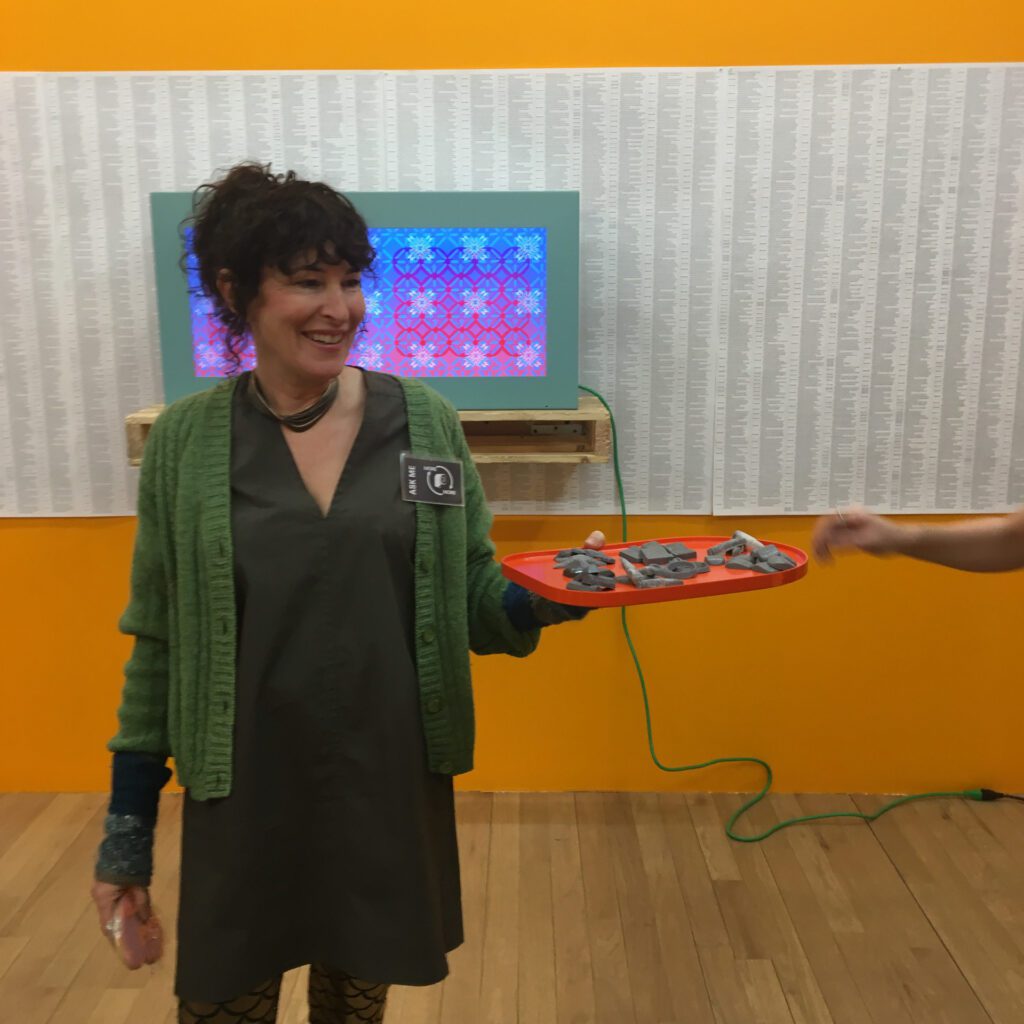

A physical firewall of HS code is wallpapered throughout the gallery space. In a kiosk at the gallery’s entrance, handmade chocolates and soaps shaped as HS code icons, postcards from major port nations, and swimsuits visualizing trade relations between countries are displayed as retail goods.* Sculptures made of 3D powder, plaster, fungus, and coffee husk are respectively indicative of a given supply chain: while 3D powder is sourced from China, fungus could be grown in one’s backyard. According to Zurkow, “If the Earth was Joseph Beuys, fungus would be its felt.
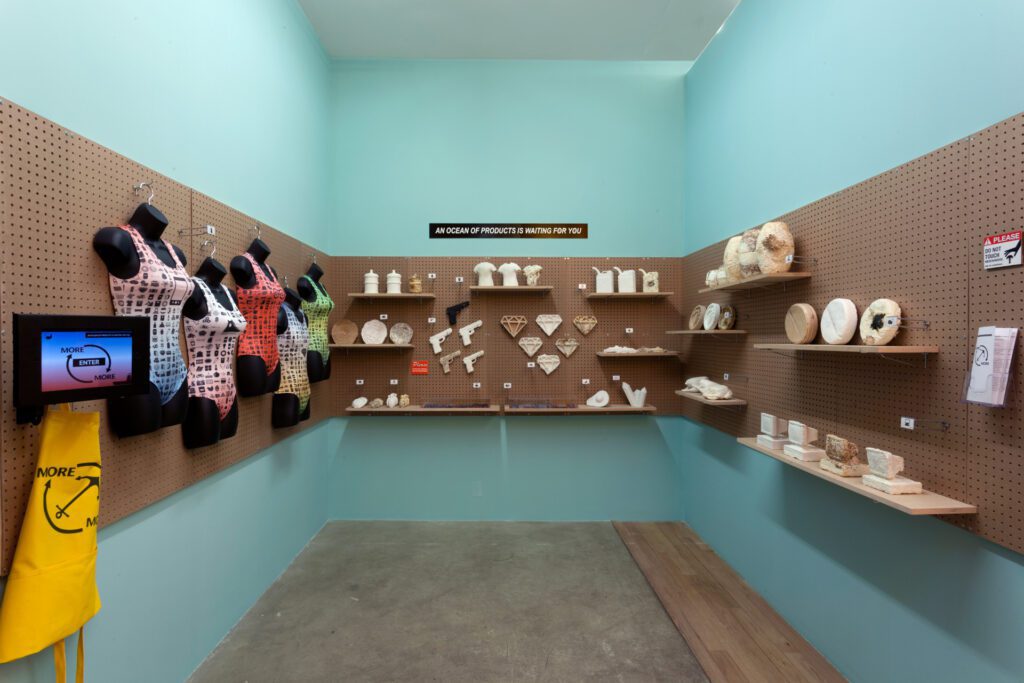
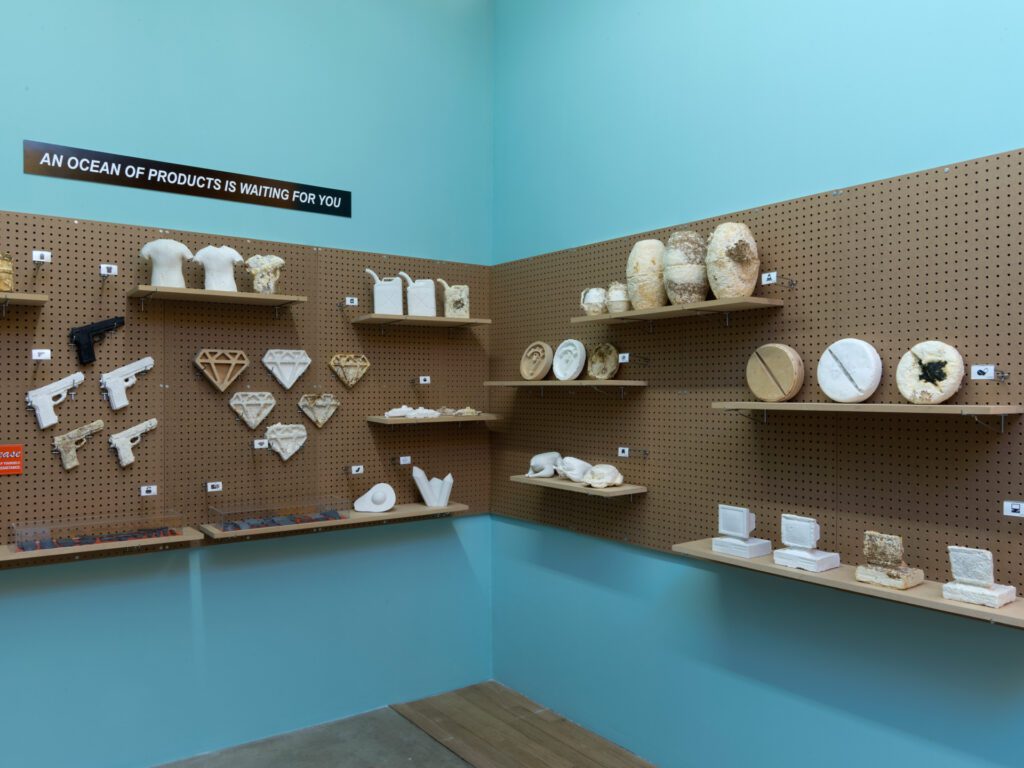
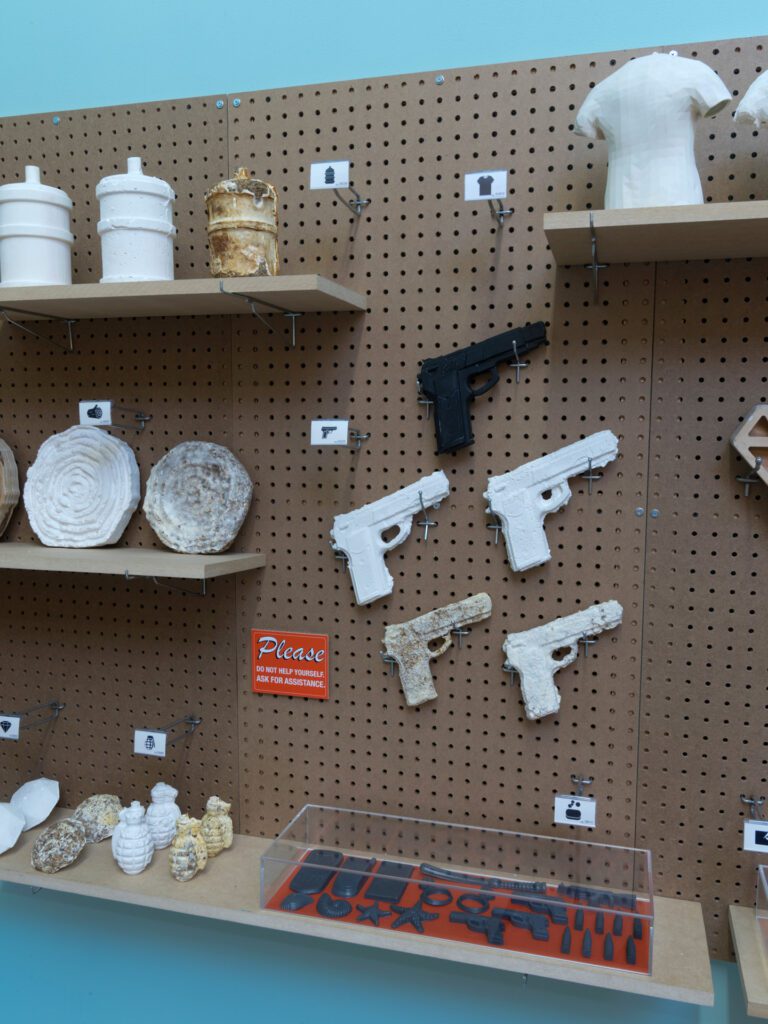
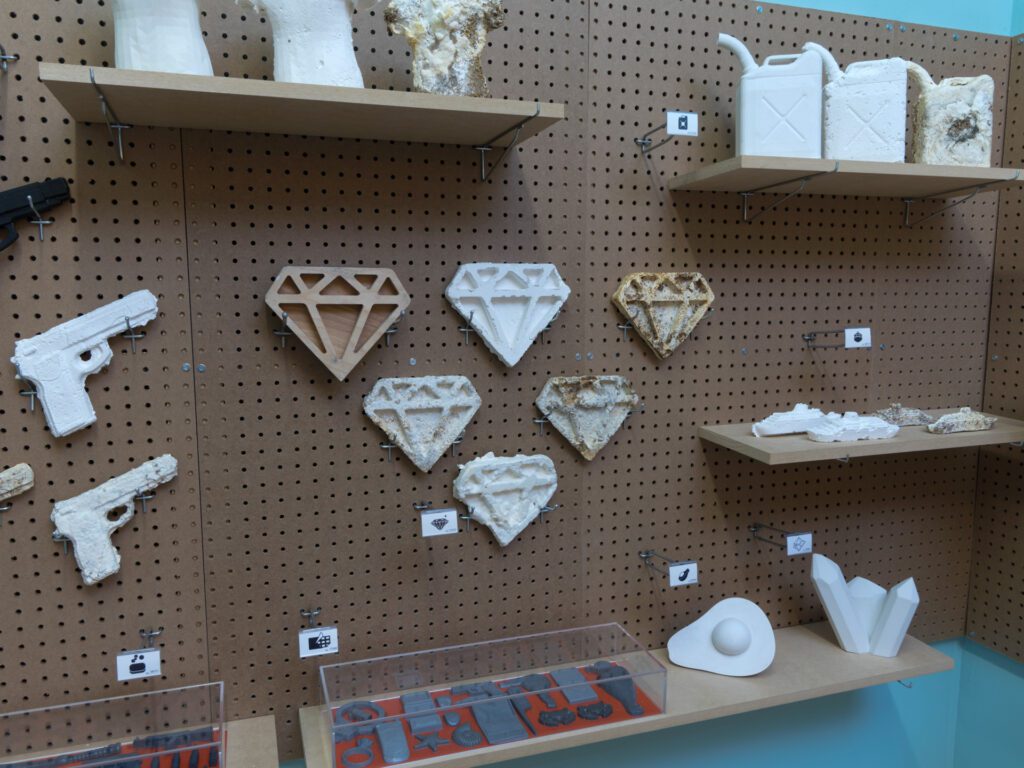
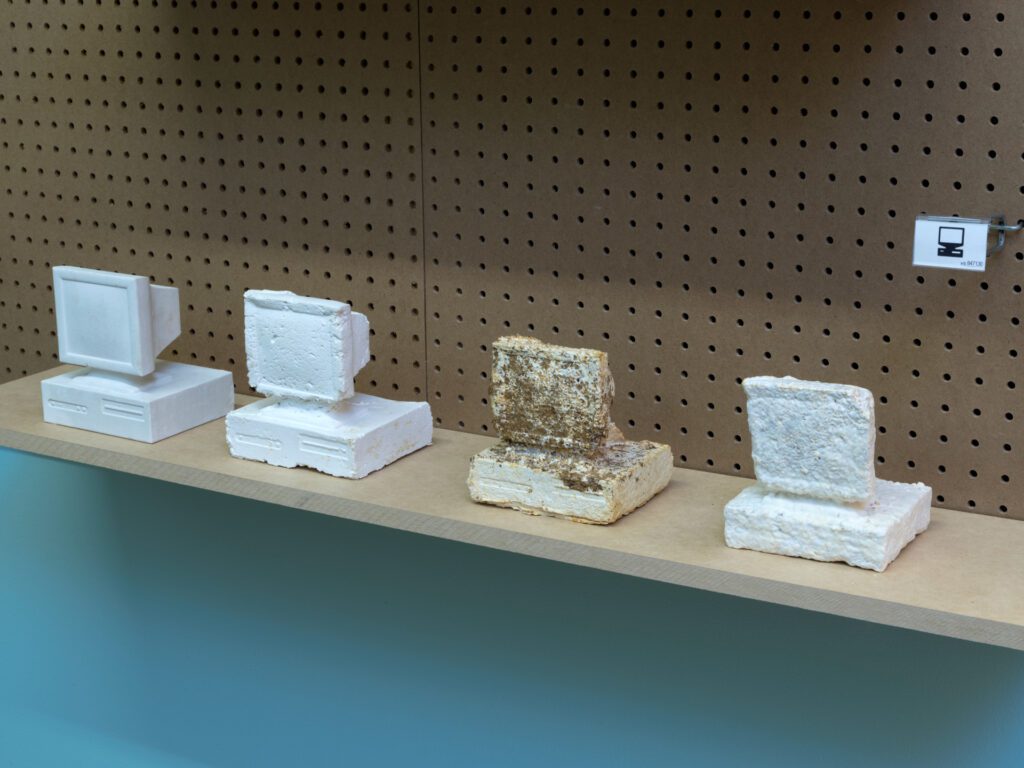
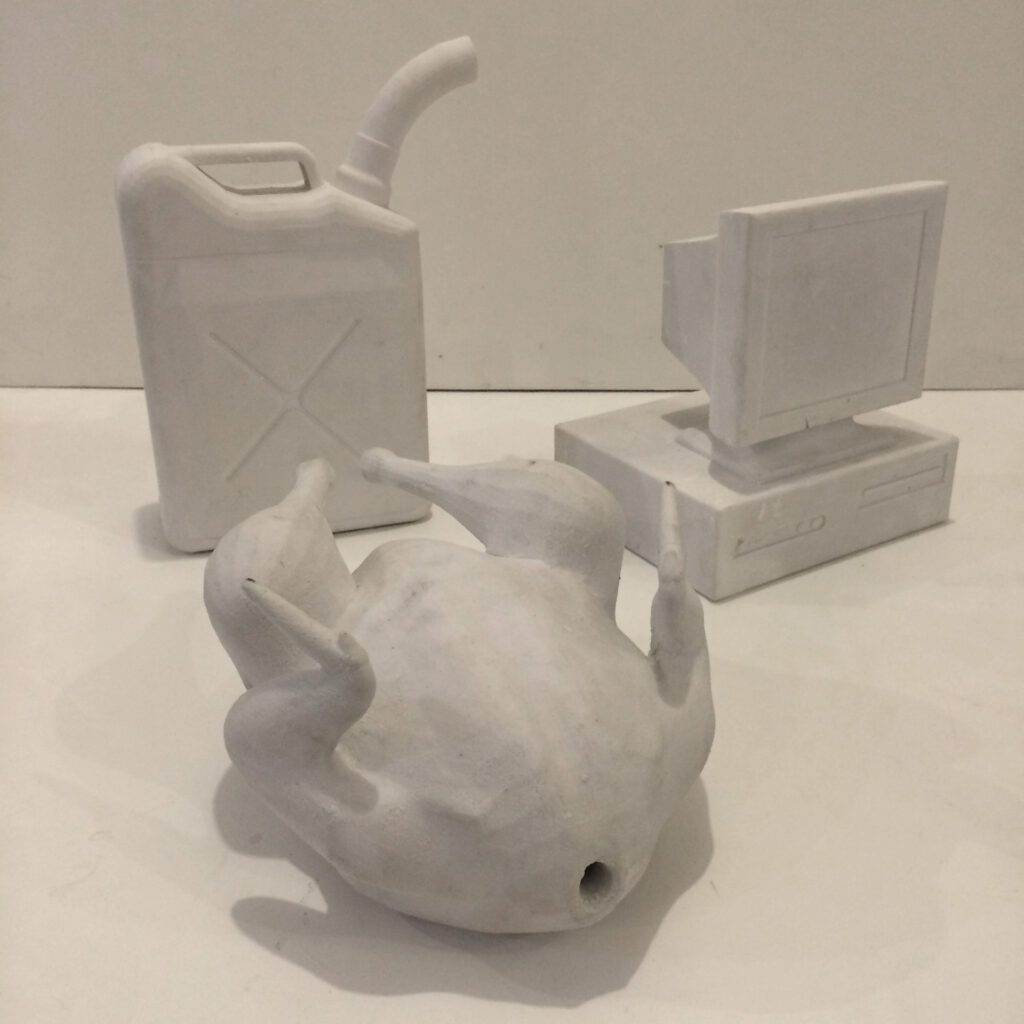
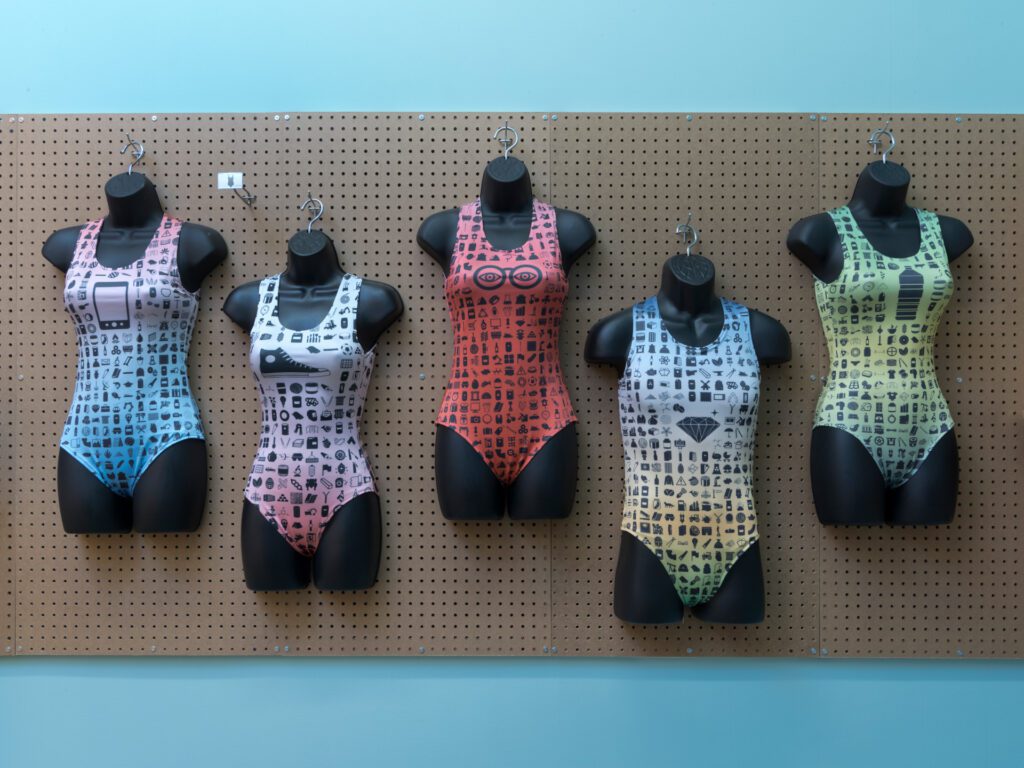
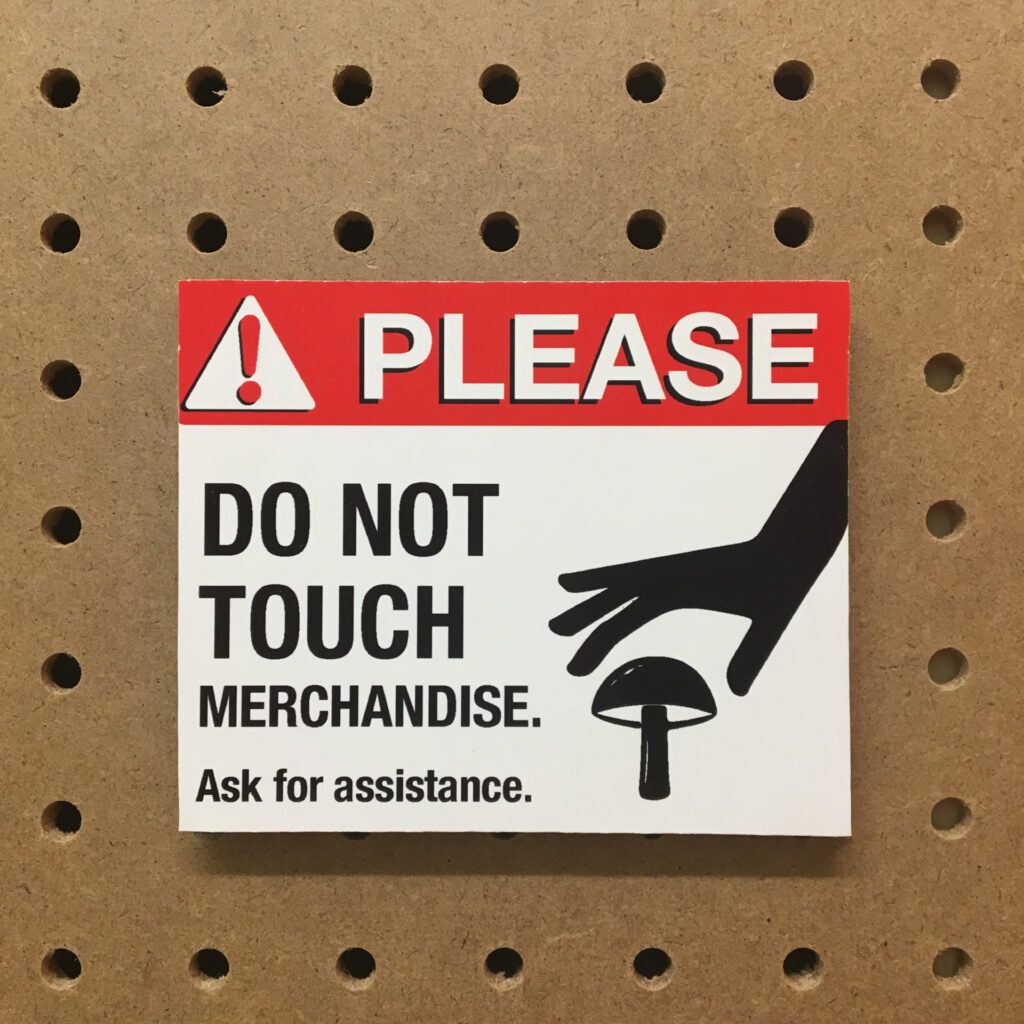
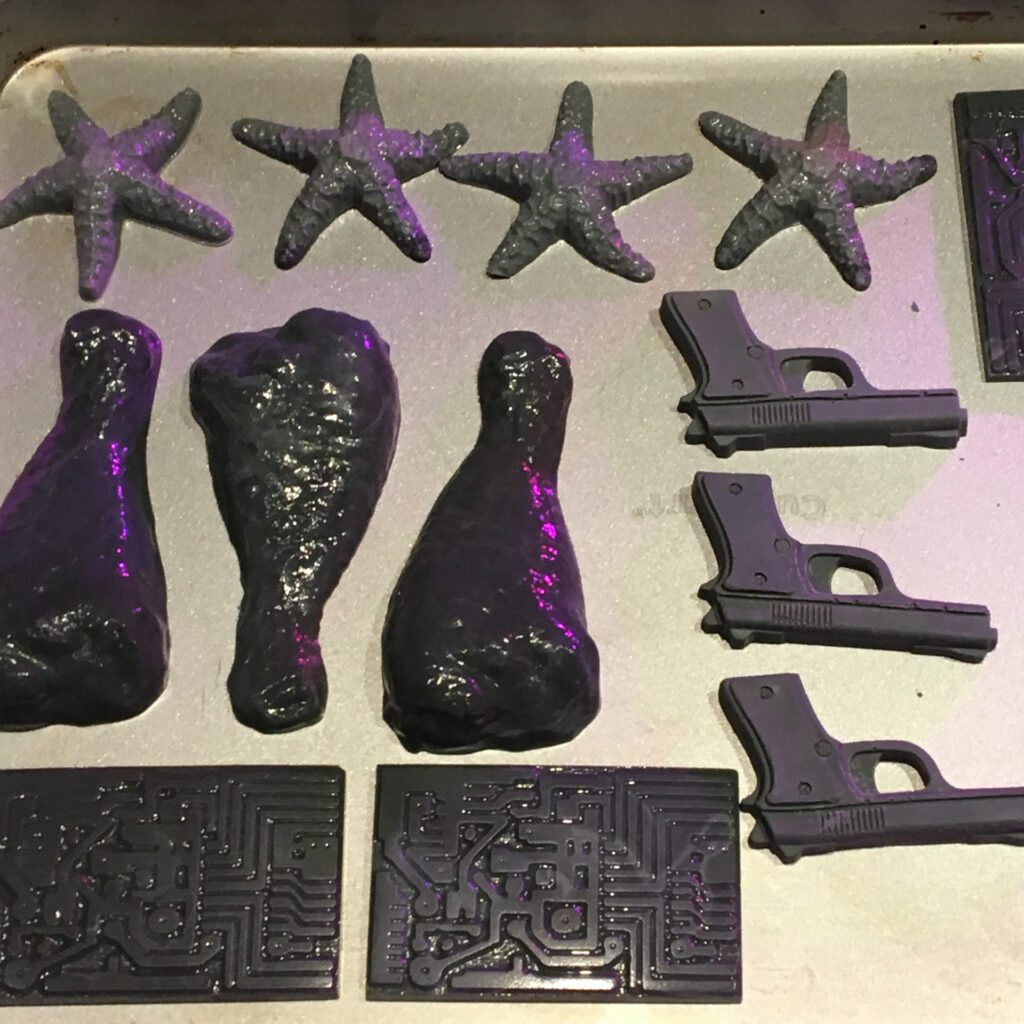
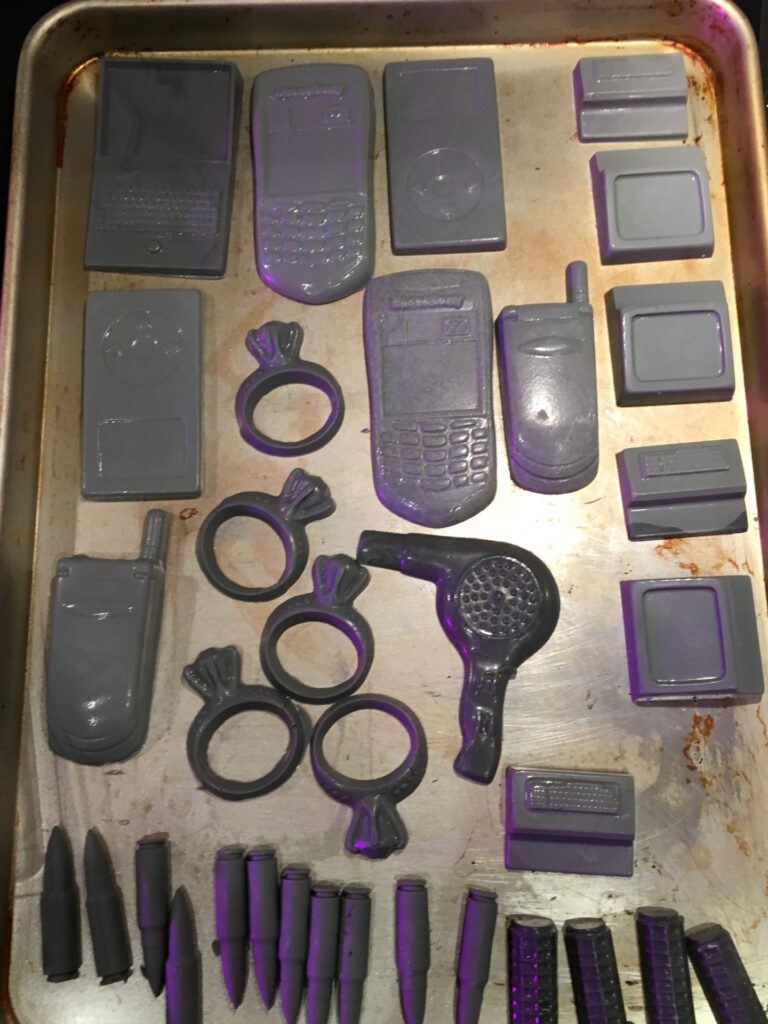
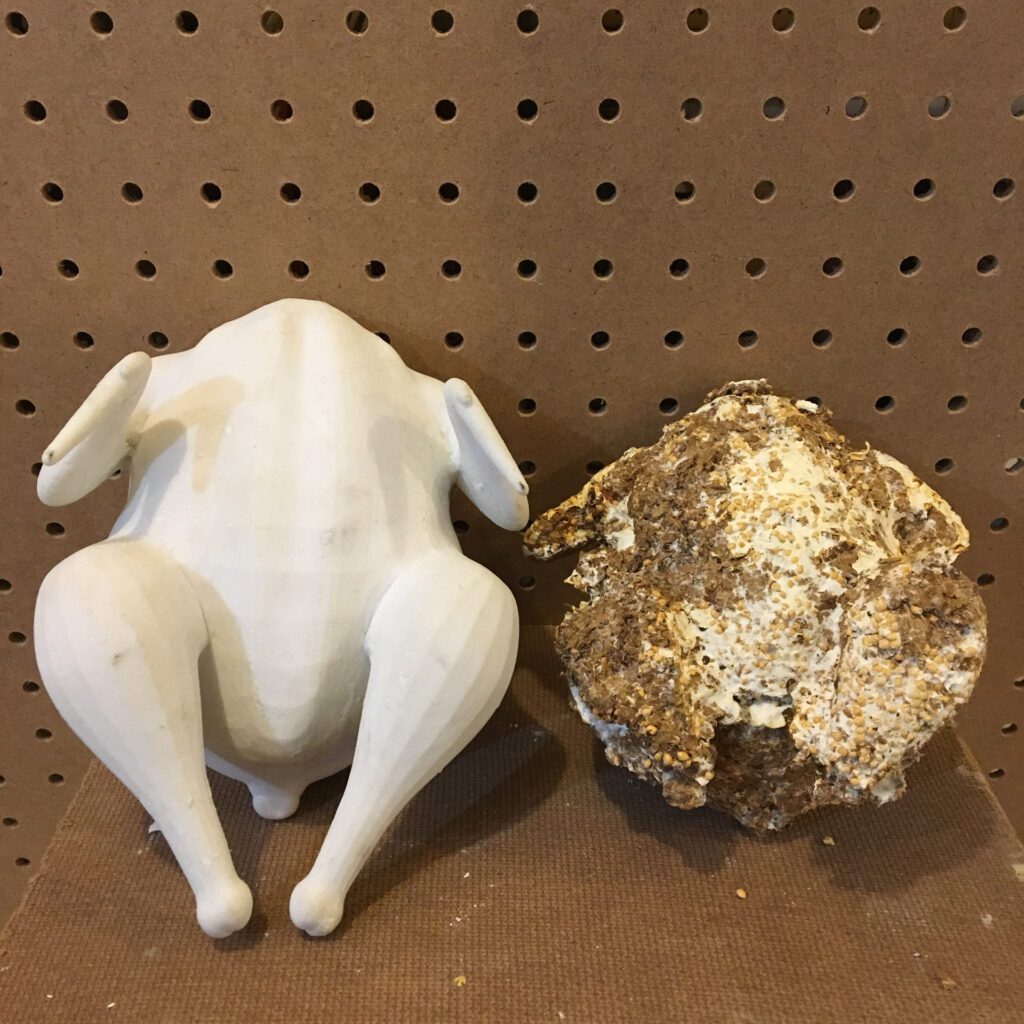
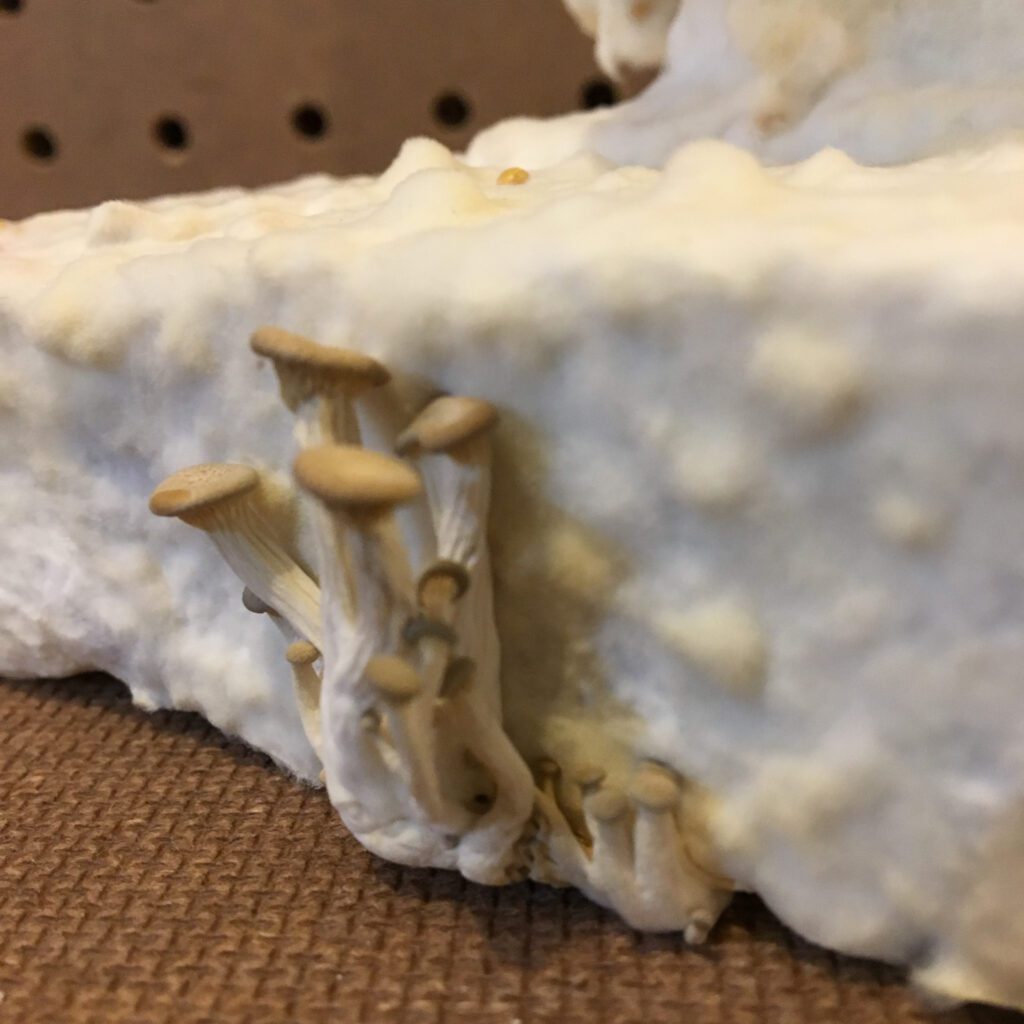
Plying the oceans for international trade is historically rooted. Dutch jurist and philosopher Hugo Grotius declared the oceans international territory in the seventeenth century with his Mare Liberum (The Freedom of the Seas) (1609):
The question at issue is… the ocean, that expanse of water which antiquity describes as the immense, the infinite, bounded only by the heavens, parent of all things… the ocean which, although surrounding this earth, the home of the human race, with the ebb and flow of its tides, can be neither seized nor enclosed; nay, which rather possesses the earth than is by it possessed.
Rather than sustaining life, the ocean is ostensibly asphalt connecting a Pangea of capital. “In this circuit, captivation in enjoyment fuels the exploitation, expropriation, and extraction driving the capitalist system: more, more, more; endless circulation, dispossession, destruction, and accumulation; ceaseless, limitless death.” (1) Zurkow, along with her collaborators, suggest that in the invisible oceans’ absence, we find presence: as human agents, observers, victims—another species, in desperate need of adaptation. (text by Kerry Doran)
(1) Jodi Dean, “The Anamorphic Politics of Climate Change,” e-flux 69: (January 2016)
At the opening reception, poet Kalliopi Mathios emceed the evening, reading from A Guide to the Harmonized System. Guests were encouraged to read from the tome, alongside Mathios.
On February 24, the gallery presented Climate Cocktails: Drinks from the Dead Zone, a night of open mic reading by Mathios from A Guide to the Harmonized System and drinking the discourse.
To coincide with the opening, two books were published by punctum books: MORE&MORE (the invisible oceans), edited by Chris Piuma, and A Guide to the Harmonized System, edited by Marina Zurkow, with contributions by Stacy Alaimo, Heather Davis, Kathleen Forde, Dylan Gauthier, Elena Glasberg, Kalliopi Mathios, Steve Mentz, Astrida Neimanis, Chris Piuma, Elspeth Probyn, Sarah Rothberg, Phil Steinberg, and Rita Wong.